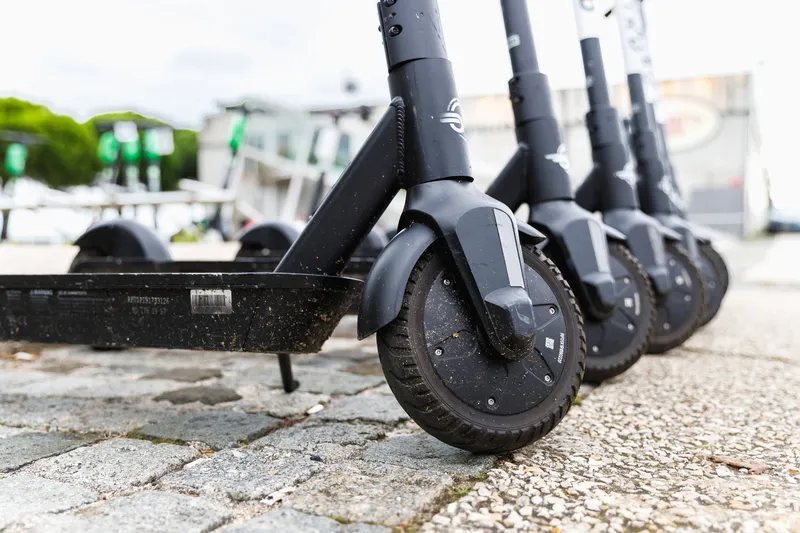The project is seeking to tackle air pollution and reduce congestion by encouraging more people to use sustainable ways of getting to and from the London airport.
The ULEZ will introduce minimum vehicle emissions standards for vehicles entering car parks or drop-off areas at all terminals.
Initial proposals for the ULEZ could set the charge figure at £10-15, in line with charges set by the mayor of London, Sadiq Khan.
Over time, the zone is expected to transition into a vehicle access charge (VAC) on all passenger cars, taxis and private vehicles coming to car parks or drop-off areas.
Heathrow will be involved in a consultation on the ULEZ and VAC proposals on 18 June. The public will have the opportunity to provide feedback.
Heathrow Airport to implement ULEZ
Heathrow Airport is to introduce an ultra-low emission zone (ULEZ) for passenger cars and all private hire vehicles in 2022.
The project is seeking to tackle air pollution and reduce congestion by encouraging more people to use sustainable ways of getting to and from the London airport.
The ULEZ will introduce minimum vehicle emissions standards for vehicles entering car parks or drop-off areas at all terminals.
Initial proposals for the ULEZ could set the charge figure at £10-15, in line with cha
June 12, 2019
Read time: 1 min
Heathrow Airport is to introduce an ultra-low emission zone (ULEZ) for passenger cars and all private hire vehicles in 2022.










